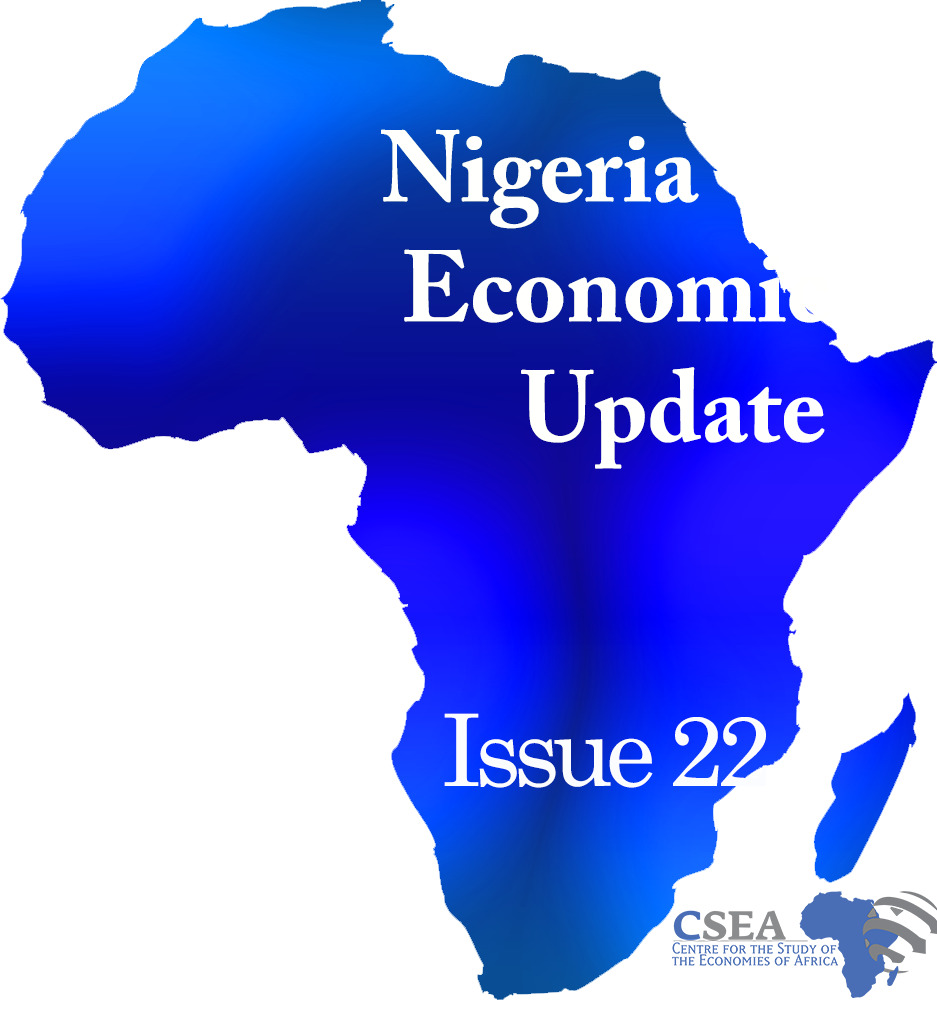
The NBS National outcome report on Water, Sanitation and Hygiene (WASH), suggests improvements in achieving SDG 6 (clean water and sanitation) in Nigeria. Accesses to the three WASH areas is indicated to have advanced in five years, up until 2018. In 2013, 56.9% of Nigeria’s population had access to improved and safe drinking water; by 2018, those who had access increased to 73.4%1. Similarly, although about 24.4% of Nigerian household members still practice open defecation, access to improved sanitation enhanced from 35.7% in 2013, to 57.4% in 2018. In terms of hygiene, about 91.4% of household heads were reported to have knowledge of at least two critical times for hand-washing. The remarkable advancements and progress in achieving the SDG 6 may not be unconnected to policy collaborations and structured multi-sectored partnerships between the Nigerian government and international partners like UNICEF. For instance, the Federal Ministry of Water Resources and National Open Defecation Free (ODF) road maps2, and the PEWASH (Partnership for Expanded Water Supply and Sanitation) policy introduced in 20163, have provided coordinated framework, strategies, and projects responsible for the recent progress and towards 100% achievement of goal 6 by 2030. Going forward, more exchanges with other African countries on progress, challenges, and needs in the critical areas of the use of data and technological advances is key to better implementation and monitoring.
